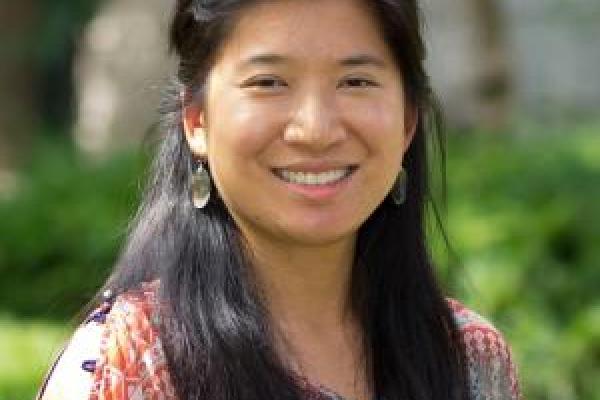
Tue, February 20, 2018
12:30 pm - 1:30 pm
038 Townshend Hall, 1885 Neil Ave
How War Changes Land: A natural experiment of bomb-induced economic change in Cambodia
After war is over and the economy is rapidly growing, why do poverty traps emerge in some post-conflict communities and not others? I argue that conflict destroys certain local landscapes in specific and long-lasting ways, while other environmental landscapes recover more quickly. I develop a theory of whether and where agrarian economies will recover from war, based on the amount of bombs dropped on the land and the consequential long-term impact on agricultural production. I highlight a mechanism that is well-known in the warfare ecology literature but not elsewhere -- that fertile ground provides more of a cushion for the bomb upon impact, so the trigger fuse is less likely to detonate. Using a range of archival and contemporary data, I show that in highly fertile soil, this mechanical failure still impacts land production to this day as the unexploded ordnance in the ground deters farmers from efficiently using their land. This finding suggests that social scientists should change how they conceptualize natural resource endowments -- not as constant, fixed constraints but as endogenous, human-affected variables.
